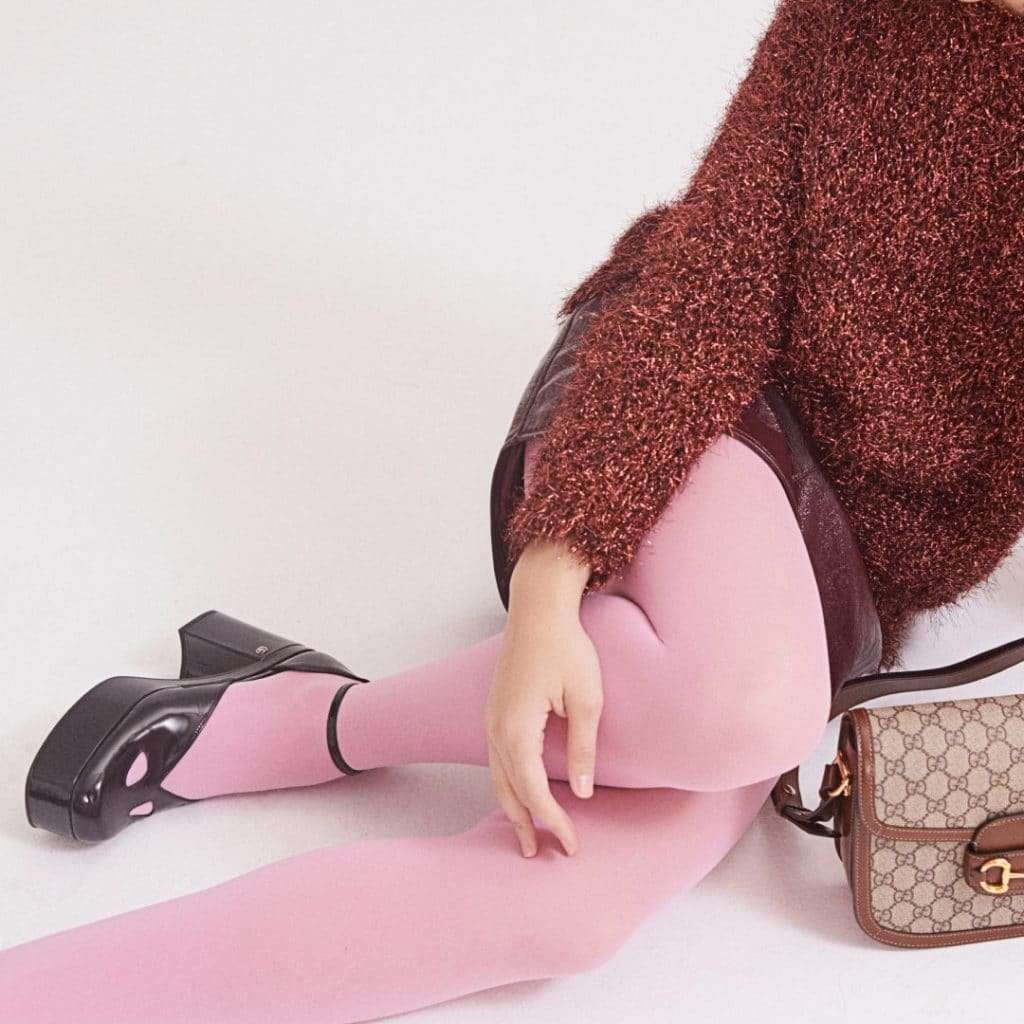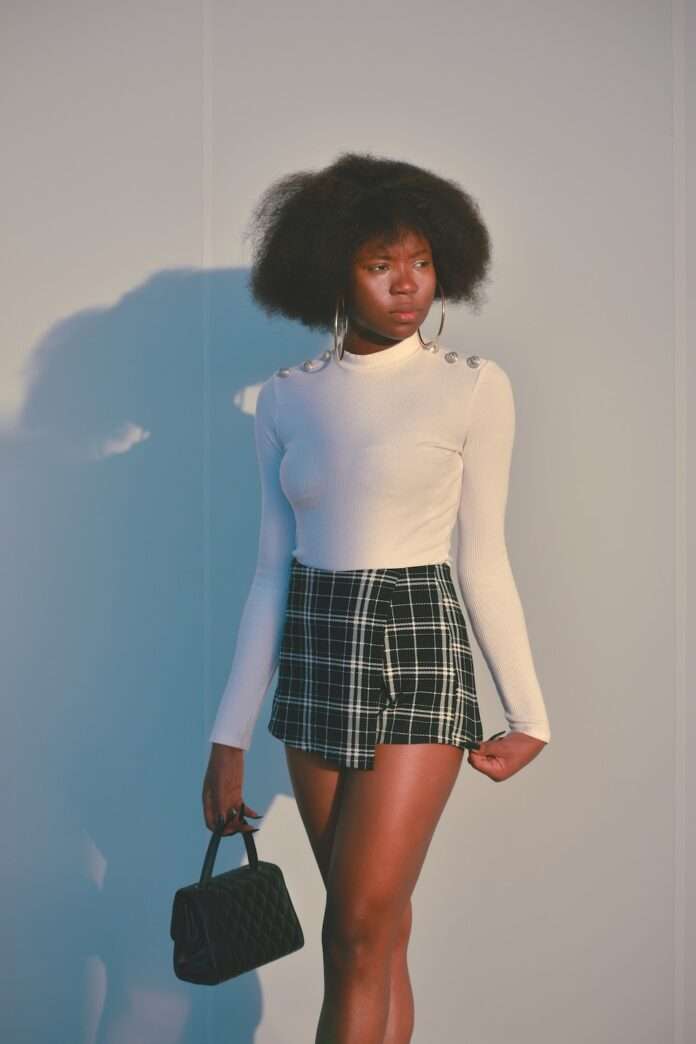According to Vestiaire Collective’s second Impact Report, 82 percent of secondhand purchases disrupt a firsthand performance.
Secondhand shopping is booming; according to the new Vestiaire Collective report, the secondhand market is currently worth about five percent of the overall apparel,
footwear, and accessories sector and could grow to as much as 40 percent. The global secondhand market is projected to grow at a CAGR of five percent from 2023 to 2030.
Fanny Moizant, co-founder and president of Vestiaire Collective, says the new Impact Report “tells an incredible story” about the platform’s role in disrupting fashion’s footprint.
“Our 2023 Impact Report tells an incredible story about the substantial impact we have achieved so far. As resale grows, we proudly lead the way by introducing socio-economic impact measurement,” Moizant said. “We have developed this report not as a beauty contest but as a transparency exercise, going into all aspects of our business.”

Vestiaire Collective says since its inception in 2009, it has staved off the emission of nearly 194,000 tons of CO2e — a quarter of which was achieved last year. The company has managed to prevent more emissions than it has produced, establishing itself as net climate positive, even without resorting to carbon offsetting.
The company has also decreased its carbon intensity. It says its continued initiatives are aimed at reducing the carbon impact of order delivery, minimizing packaging consequences, and managing energy use at offices and warehouses have greatly assisted in this endeavor.
Vestiaire says it has designed a method to quantify the environmental cost of every transaction on the platform, converting an ecological concern into a tangible metric for consumers to comprehend and assess their impact. This system juxtaposes various types of effects across disparate local contexts to establish a standard.
According to the new report, Vestiaire’s displacement rate saw 82 percent of items sold on the platform replace new purchases — a number up 12 points from the year prior. Consumer surveys also indicated that 85 percent of the platform’s users are motivated to purchase fewer but higher-quality items. Those purchases are often driven by the potential resale value, which influences 70 percent of purchases — a shift Vestiaire says is driven by its decision to ban fast fashion last year. Overall, the report says secondhand purchases increase environmental benefits tenfold.
“Fashion is one of the world’s biggest polluting industries, and for too long the industry has encouraged consumer behaviors that are too much for the planet to handle,” said Moizant. “By helping consumers buy fewer, but better items of pre-loved clothing, we can push the industry to move towards circular business models that embrace a love for fashion while transitioning to sustainable, environmentally responsible practices.”

Earlier this year, Vestiaire Collected partnered with sustainable French luxury label Chloé on the first resale experience to use digital identification to help consumers better understand the value of their items, especially as they become vintage.
It recently announced it’s lobbying with the E.U. to help hold fast fashion accountable for their impacts.
Vestiaire is helping drive the secondhand luxury market with Chanel, Gucci, and Louis Vuitton among its most popular brands of 2022. The platform is also seeing sustainability and circularity as the fastest-growing drivers for its users.
Max Bittner, CEO of Vestiaire Collective, says the company’s circular business model enables it to make “a significant impact” in driving sustainability within the fashion industry. The fashion industry is responsible for about ten percent of total global emissions, according to recent estimates. But due to the complex nature of the industry, experts say it’s difficult to quantify its footprint.
Related on Ethos:


